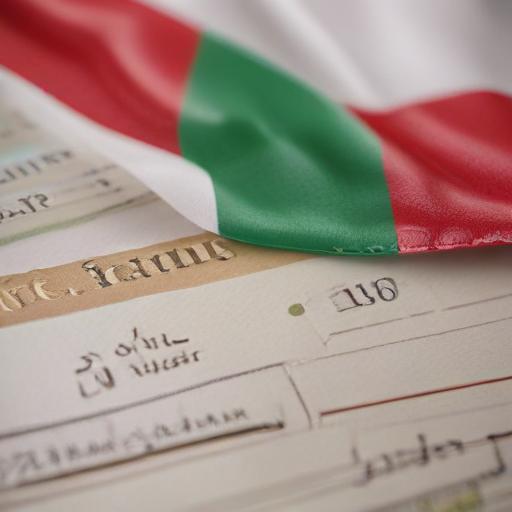Oman, known for its long-standing status as a tax-free environment, has announced the introduction of a 5% personal income tax for individuals earning above 42,000 Omani riyals annually. This landmark initiative will take effect in 2028 under Royal Decree No. 56/2025, which outlines 76 articles across 16 chapters. The new tax legislation offers exemptions on essential expenses, including education, housing, healthcare, zakat, and charitable donations, thereby focusing on basic necessities for residents.
As a member of the Gulf Cooperation Council (GCC), which includes Qatar, Saudi Arabia, the United Arab Emirates, Bahrain, and Kuwait—most of which are also tax-free—Oman’s move to implement a personal income tax marks a significant shift. This law makes Oman the first GCC country to introduce such a tax, an effort aimed at diversifying revenue sources beyond the country’s traditional reliance on oil and gas.
According to studies conducted by the tax authority, 99% of the population will not be impacted by this income tax, indicating that the majority of lower and middle-income residents will remain unaffected. This protective threshold is an important measure, as it demonstrates the government’s intention to shield its citizens from financial burdens while still generating necessary revenue.
The introduction of the personal income tax aligns with Oman Vision 2040, a strategic framework that seeks to enhance the Sultanate’s public finances and reduce dependency on oil revenues. The government’s goal is to increase non-oil revenue to comprise 18% of the GDP by 2040.
Additionally, Karima Mubarak Al Saadi, Director of the Personal Income Tax Project, mentioned that a digital system is being established to verify taxpayer data, which is expected to promote compliance. The tax authority is also preparing educational materials and training for officials to ensure a smooth implementation of the new tax framework.
This move represents a cautious yet progressive step towards economic reform in Oman, potentially helping to stabilize and diversify its economy for future sustainability. With proper foundation and communication, the introduction of this tax could lay the groundwork for increased public services and investment opportunities in the Sultanate.
